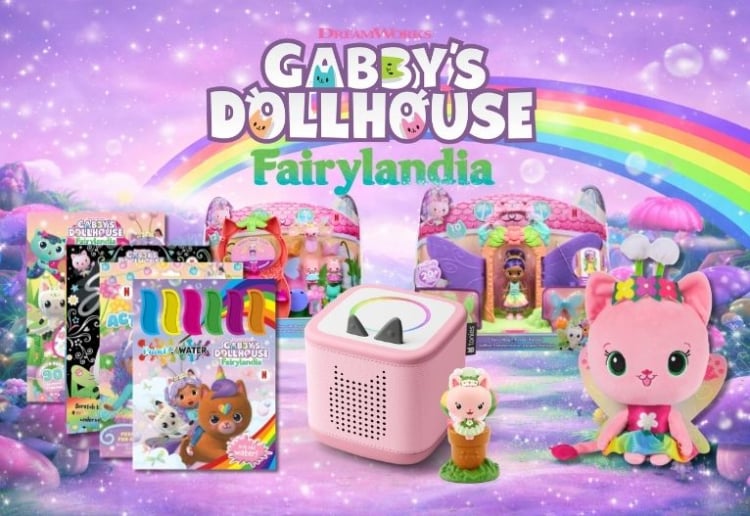In the midst of juggling school runs, work, appointments and dinner, being a busy parent can leave little time for much else.

Saving for a dishwasher? Save no more! APPLY TO REVIEW the Haier 12 Place Setting Dishwasher!
For this reason big plans often get put on the back burner; perhaps you’ve been thinking long and hard about that family holiday you’d love to go on, or even that new couch you really need but just can’t seem to get started on making it happen. Well, there is a simple solution!
I’m going to talk about the importance of creating short term budgeting goals when trying to achieve larger savings in the long term. I’ll also outline the various tools and resources available that can make it easy for you to do so.
Why are short term goals so important?
All too often people tend to think about saving in terms of large lump sums, e.g. I will need X amount for our family holiday in 6 months’ time.
This approach is problematic because the idea of saving such a large sum can be very overwhelming; the goal begins to seem unobtainable.
As a result plans are left open-ended perhaps never coming to fruition. If this sounds like a familiar problem then a great tip is to start thinking about the importance of short-term budgeting.
How can you get started?
The first step when saving is being able to see exactly how much you are spending and in what areas of your life; once you have a clear run down of this you can begin to set short term saving goals.
The best way to do this is to use a personalised tool that can show you how much you spend on say, utilities, fuel and groceries, but also in specific areas dependent on your lifestyle.
Now that you have this information at your fingertips you can start to make subtle changes in your spending, pinpointing just one area at a time.
As an idea to get started, in your first week of saving you could concentrate on your grocery expenditure, setting yourself a goal to spend $20 less than usual. Perhaps you could start writing a precise weekly shopping list that you avoid deviating from, or use up the contents of the pantry/freezer to avoid wastage. If this works for you then it can become a permanent change and in 6 months you will have saved around $500. If not, then simply go back to the drawing board and set yourself a different goal for week 2.
Most importantly you must remember that you’re only human and that trial and error is the best way to adapt your spending in order to reach your financial goals.
Finding a balance that works for your lifestyle.
What can be so great about these budgeting tools are how personalised they are, you can even set up spending categories such as ‘shoes’, ‘coffee’ or ‘footy tickets’.
Consequently whatever your spending vice you can confront it head on in order to make a weekly saving, and eventually you’ll find a balance that works well for both yourself and the rest of the family.
Find this magic balance and suddenly you’ll find yourself six months down the line with a nice little pot of savings.
The next thing you know you’ll be enjoying that well earned holiday, couch or whatever it might be with the whole family.
Do you use a budgeting tool to help you? What are your savings tricks and tips?





















11:34 am
5:51 pm
9:51 am
9:07 am
2:29 pm
8:32 am
8:15 am
4:44 pm
5:54 pm
6:41 pm
8:21 pm
3:42 pm
1:56 pm
4:08 pm
9:22 am
6:28 pm
6:18 pm
2:54 pm
2:34 pm
2:49 pm
- 1
- 2
- »
Post a commentTo post a review/comment please join us or login so we can allocate your points.